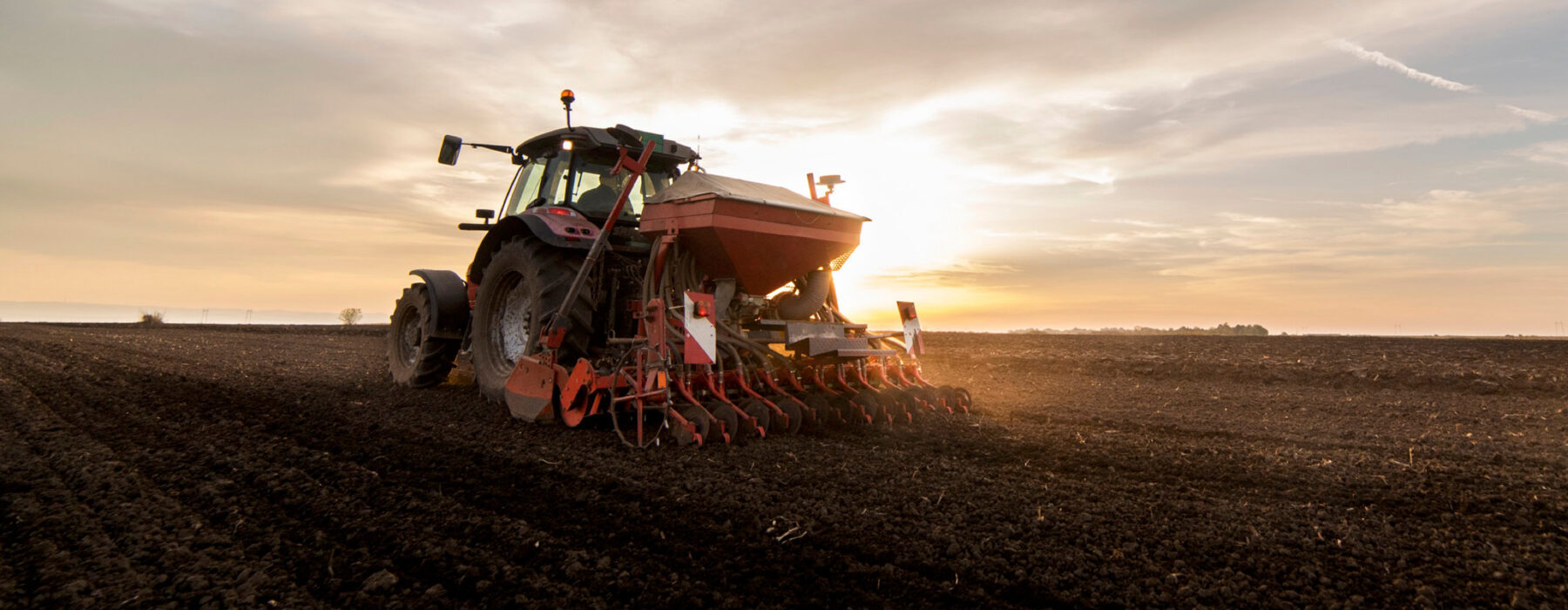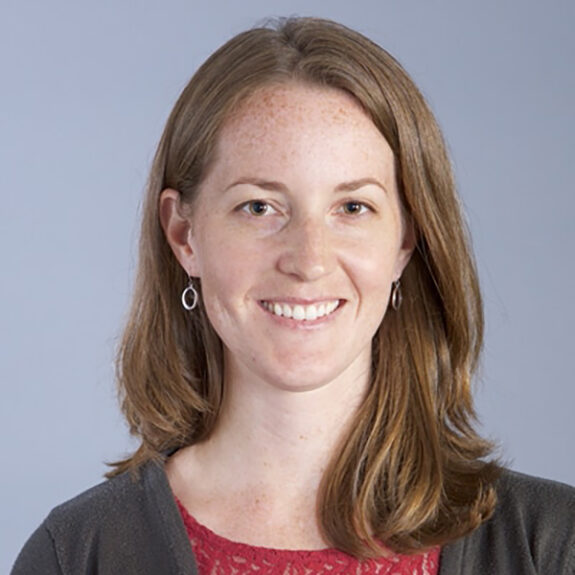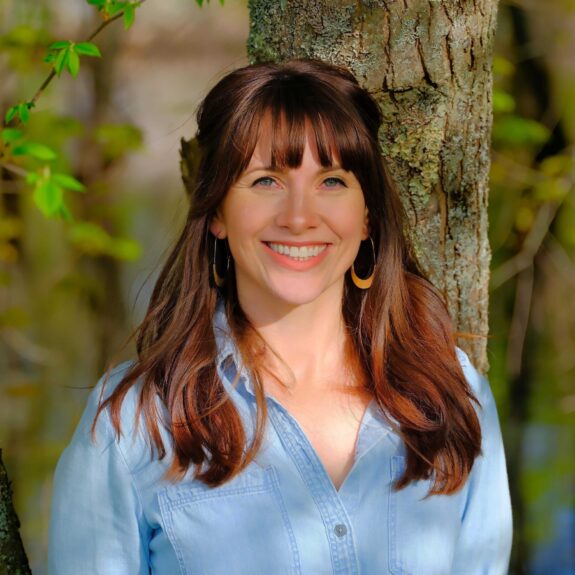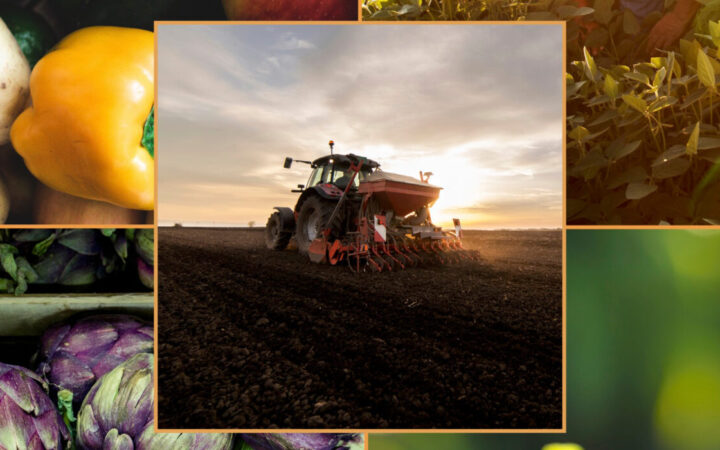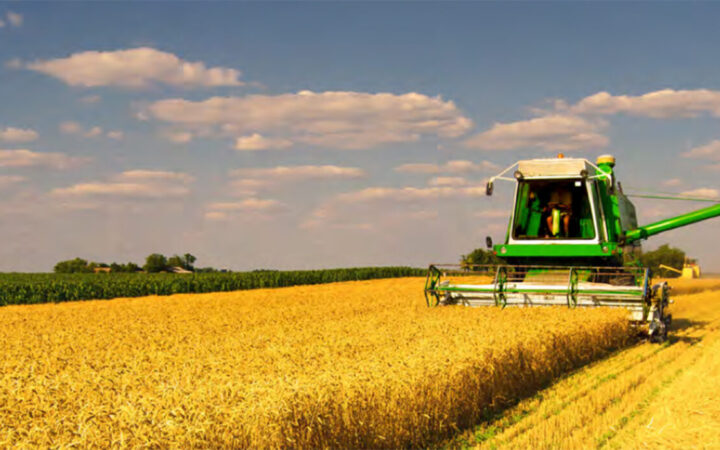This report identifies ways the farm bill can reform USDA governance, accountability, and farm support systems; land and credit access; and investments in education to promote equity in the sector.
Executive Summary
The U.S. agricultural industry and its governance structures were born as some of the most unjust, oppressive, and racially exclusive systems in the United States. Today, 97% of U.S. farmland is held by non-Hispanic, white landowners. This extreme concentration is the outcome of generations of discrimination against communities of color by private and public agricultural service providers. The U.S. Department of Agriculture (USDA) has perpetuated this harm, even into the present day. Now, despite years of community advocacy, admirable policy wins, and establishment of critical programs, systemically marginalized producers continue to face barriers in access to credit and land. Further, many find themselves operating at a deficit relative to their white counterparts due to decades of disinvestment and exclusion from farm support programs that helped white-owned farms amass wealth and resources over the 20th century.
Disproportionate investments in predominantly white land-grant educational institutions as compared to minority-serving institutions and delegations of power to local county committees have exacerbated these inequities, often preventing people of color from assuming leadership roles in the agricultural sector. The 2023 Farm Bill provides an opportunity to address these disparities and pave the way for a vibrant agricultural sector of equitable opportunities for all.
Find the complete set of reports from the Farm Bill Legal Enterprise at farmbilllaw.org.
Acknowledgements
This report was produced by the Farm Bill Law Enterprise. The following students and summer interns, listed in alphabetical order by institution, co-authored substantial portions of the report: Jacqueline Cuellar, University of Minnesota Law School; Brooke Christy, University of Pittsburgh School of Law. Additionally, the following FBLE-affiliated individuals supported the production of this report through their ideas, research, review, and/or feedback: Helia Bidad, Hanna Carrese, Lily Colburn, Max DeFaria, Liz Jacob, Kara Hoving, Angie Liao, Anna Lipin, Christopher Mawhorter, Emily Rollins, and Nathan Rosenberg.
There are many organizations advocating for and working toward more just and sustainable producer communities, from restoring communities who have historically stewarded land in some regions to building new opportunities for new Americans. The authors of this report have benefited from the expertise of many of these organizations and their members, both through their written work and time generously spent speaking with us. The Recommendations in this Report are informed by their ongoing work and deep wisdom on these topics, which we gratefully acknowledge here. Nevertheless, these acknowledgments do not imply the specific endorsement of any FBLE Recommendations by the following groups or individuals:
• American Farmland Trust
• Center for American Progress
• Data for Progress
• Earthjustice
• Indigenous Food and Agriculture Initiative
• National Young Farmers Coalition
• Swette Center for Sustainable Food Systems | Arizona State University
• Union of Concerned Scientists
• Stephen Carpenter, Farmers’ Legal Action Group
• Ellis Collier, 1890 Universities Foundation
• Cara Fraver, formerly at National Young Farmers Coalition
• Jim Hafner, formerly at Land for Good (time of review), American Farmland Trust (current)
• Lexie Holden, Intertribal Agriculture Council
• Savi Horne, Land Loss Prevention Project
• David Howard, National Young Farmers Coalition
• Ian McSweeny, Agrarian Trust
• Dr. Mortimer Neufville, 1890 Universities Foundation
• Erin Parker, Indigenous Food & Agriculture Initiative
• Lorette Picciano, Rural Coalition
• Holly Ripon-Butler, National Young Farmers Coalition
• Jennie Stephens, Center for Heirs’ Property Preservation
• Spencer Torbett, Indigenous Food & Agriculture Initiative
• Eloris Speight, The Policy Research Center for Socially Disadvantaged Farmers and Ranchers at Alcorn University
• Jordan Treakle, National Family Farm Coalition
• Josh Walden, Center for Heirs’ Property Preservation
• Olivia Watkins, Black Farmers Fund
• Lloyd Wright, ret. USDA
• Members of the Southern Rural Development Center’s Heirs’ Property Legal & Policy Group
Report layout and design: Najeema Holas-Huggins.
Finally, FBLE is grateful for the financial support of the GRACE Communications Foundation and Charles M. Haar Food and Health Law and Policy Fund.
Suggested Citation
Francine Miller et al., Farm Bill Law Enterprise, Equity in Agricultural Production & Governance (Sept. 1, 2021), https://www.farmbilllaw.org/wp-content/uploads/2022/10/Equity-Report.pdf.
